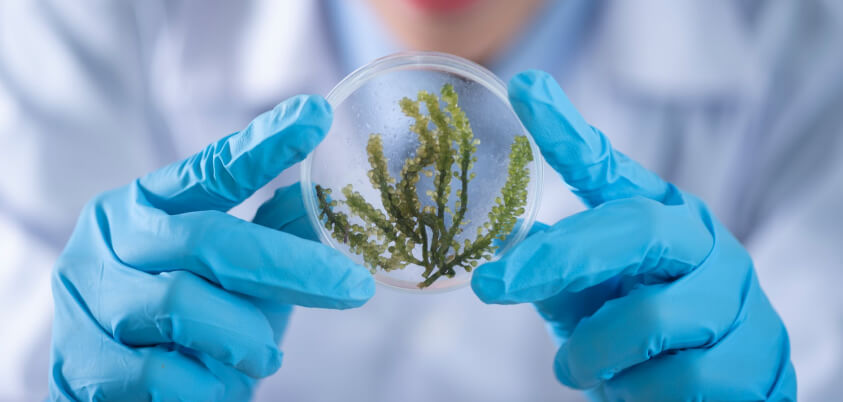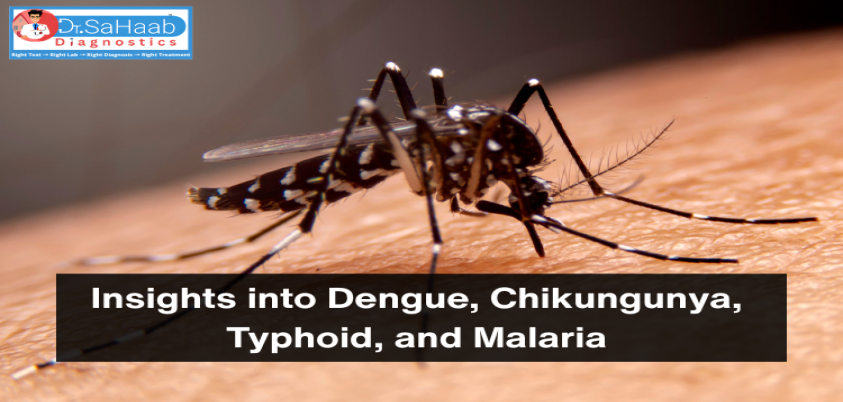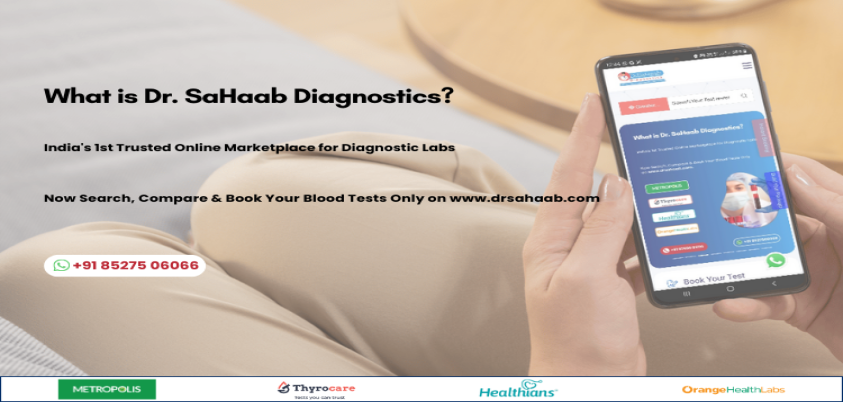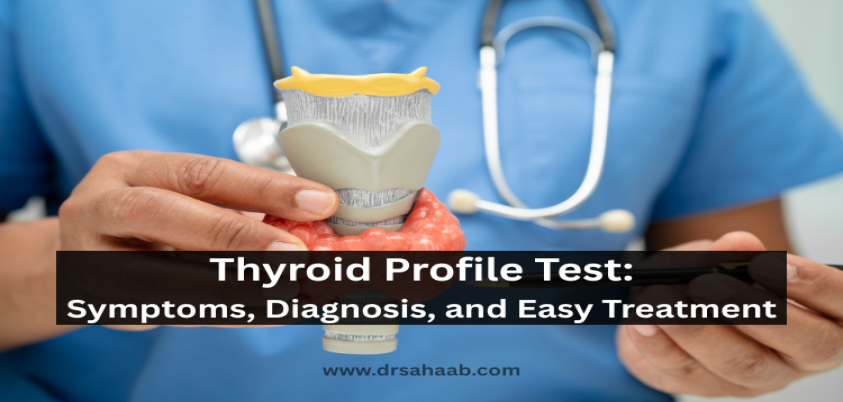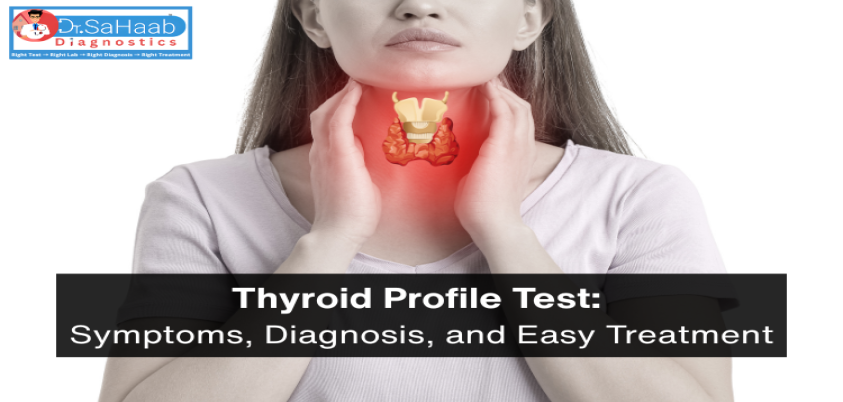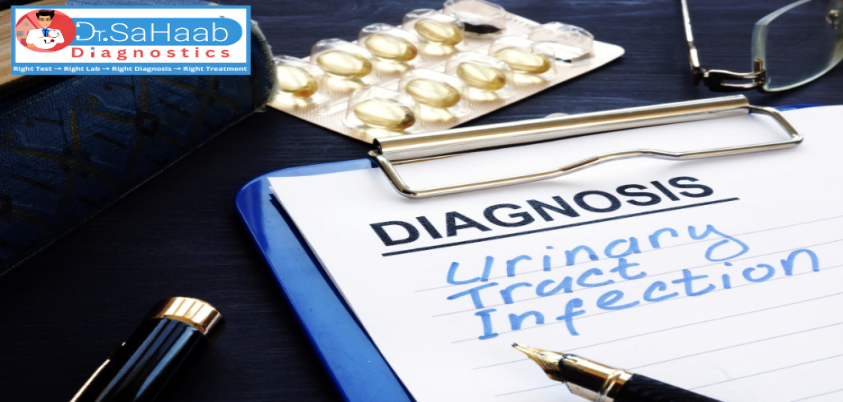Fighting Fever : Insights into Dengue, Chikungunya, Typhoid, and Malaria
In India, fever is a common symptom associated with many serious illnesses, particularly during the?monsoon?season and in regions with poor sanitation that acts as a mosquito breeding ground. Four of the most prevalent fever causing diseases are?Dengue,?Chikungya,?Typhoid?and?Malaria?and having knowledge about their causes, symptoms, diagnostic tests and treatment is essential in order to combat these conditions effectively.?
DENGUE?
Dengue is a viral infection transmitted through the bite of an infected?Aedes aegypti?mosquito. DEN-1, DEN-2, DEN-3, and DEN-4 are the four main viral strains that cause the illness.?
SYMPTOMS
- High grade fever?
- Severe headache?
- Retro-orbital pain ( pain behind the eyes )
- Muscle and joint pain ( dengue is also known as? ?break-bone fever? )
- Nausea and vomiting?
- Rash?
- Abdominal pain?
In immunocompromised individuals, dengue can progress into more severe forms known as?Dengue Hemorrhagic Fever and Dengue Shock Syndrome, where along with the above symptoms,?bleeding complications?can be seen including petechiae (small red spots on the skin), nose and gum bleeds, black stools and easy bruising . Without prompt and aggressive treatment, these severe forms of dengue can be life threatening.?
DIAGNOSIS
Early diagnosis is critical to managing dengue.?
- ?NS1 Antigen test?- detects a specific protein ( NS1 antigen ) produced by the dengue virus. This test helps in?early diagnosis?as the NS1 antigen appears in the blood within?24-48 hours of infection.?
- Dengue IgM antibody test- This test detects the presence of Igm antibody which the body produces to combat the infection. These antibodies typically form by day 3-4 post primary infection . Therefore, this test should ideally be done after 3-4 days of development of symptoms.?
- Dengue IgG antibody test -?This test detects the presence of IgG antibodies that helps in detecting any present or previous infection with the dengue virus The levels rise around 7 days with a peak during the 2nd week. It remains in the blood for 90 days.If IgG is positive and IgM is negative, this means that the person was infected with dengue in the past.
TREATMENT
There is no specific treatment for dengue. Patients are advised to rest, stay hydrated, and take medications like paracetamol to reduce fever and pain. In severe cases, hospitalization may be required to manage complications like dehydration or bleeding.
CHIKUNGUNYA?
Like dengue, Chikungunya is transmitted by the Aedes?aegypti?mosquito.?
SYMPTOMS
- Sudden onset high grade fever?
- Severe muscle and joint pain?
- Headache
- Rash?
DIAGNOSIS?
Symptoms of Chikungunya closely resemble those of Dengue .Therefore, the following diagnostic tests can help us confirm the cause:
- Chikungunya IgM and IgG? test?- detects IgM and IgG antibodies in your bloodstream.? IgM antibodies indicate a current Chikungunya infection, while IgG antibodies suggest a past infection. They are produced within 4-7 days after infection.?
- Real Time PCR?- highly sensitive and specific test that enables early and accurate detection and assessing the severity of the virus by measuring the viral load.
TREATMENT
There is no antiviral treatment for chikungunya. Care is symptomatic, with painkillers and anti-inflammatory drugs to relieve joint pain. Adequate rest and hydration are recommended.
MALARIA?
Unlike Dengue and Chikungunya , Malaria is caused by?Plasmodium?parasites and transmitted through the bites of female?Anopheles?mosquitoes. In India , it is commonly caused by the?vivax?and?falciparum?species of?Plasmodium .?
SYMPTOMS
- Fever and flu-like illness?
- Chills?
- Headache
- Muscle pain?
- Nausea, vomiting and diarrhea?
DIAGNOSIS
If you have traveled to a malaria -endemic area and are experiencing the aforementioned symptoms, it is essential to get tested promptly.?
- Peripheral smear for Malarial Parasite??- This test helps us to identify the species of malaria parasite by examining the blood sample under the microscope.?
- Malarial Antigen (?vivax?and?falciparum?) test?- used to measure the level of malarial antigen in blood.?
TREATMENT
Malaria is treated with antimalarial drugs, with the choice of treatment depending on the species of the parasite, severity of the infection, and the geographical location of the patient. Prompt treatment is essential to prevent complications.
TYPHOID?
Typhoid is a waterborne infection caused by the?Salmonella typhi?bacteria. It primarily spreads through contaminated water and food. Poor sanitation in many areas of our country contributes significantly to its spread.?
SYMPTOMS?
- High grade fever?
- Fatigue
- Headache
- Muscle ache
- Abdominal pain?
- Loss of appetite?
- Diarrhea or constipation?
DIAGNOSIS?
- Widal test?- assists in detecting antibodies produced by your body against?Salmonella Typhi?bacteria
Typhidot - IgG and IgM Test- A positive Typhidot IgG test indicates that your body has previously been infected with the bacteria, pointing towards a past or chronic infection while a positive Typhidot IgM test typically denotes a recent infection .
TREATMENT
Typhoid is treatable with antibiotics, but the rise of antibiotic-resistant strains of?Salmonella?makes proper diagnosis and treatment crucial. In severe cases, hospitalization may be required.
HOW TO PROTECT YOURSELF FROM THE DISEASES ??
- Maintain Cleanliness -?The best way to keep these notorious organisms at bay is by keeping the environment clean. Practice proper waste disposal and ensure that your sewage system is well maintained to avoid the breeding grounds for disease-causing organisms.?
- Wear full coverage clothing-?People living in the endemic regions should wear long-sleeved shirts and full-length bottoms in order to protect themselves from mosquito bites.?
- Avoid stagnant water -?Stagnant water acts as a breeding ground for mosquitoes that spread diseases like dengue and chikungunya. During monsoon season, take measures to prevent water from accumulating in and around your surroundings.
- Use mosquito nets and repellent creams -?Safeguard yourself from mosquito bites by using mosquito nets at night and applying repellent creams when stepping outdoors.
- Practice hand hygiene -?Always wash your hands thoroughly before eating to prevent the spread of disease .
- Avoid eating from vendor stalls - To reduce the risk of diseases like typhoid, which can spread due to compromised hygiene, avoid vendor stalls where cleanliness and food safety practices may be questionable.
- If you are experiencing any of the aforementioned symptoms, contact us to schedule the necessary blood tests. Once you receive your results, you can book a consultation with our specialist doctors to discuss your findings in detail and receive tailored treatment recommendations.



